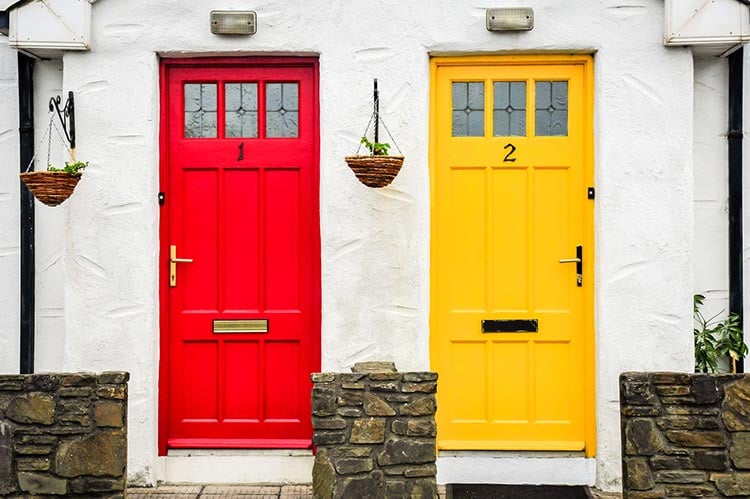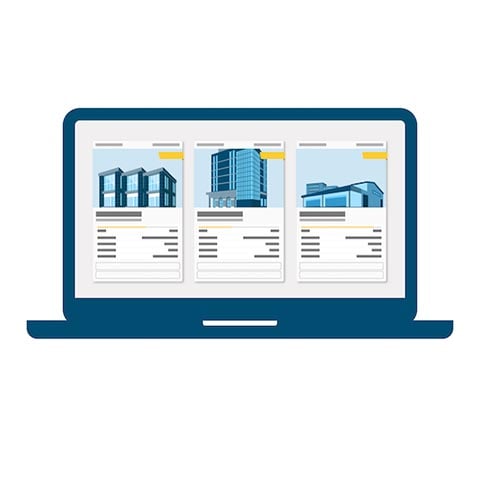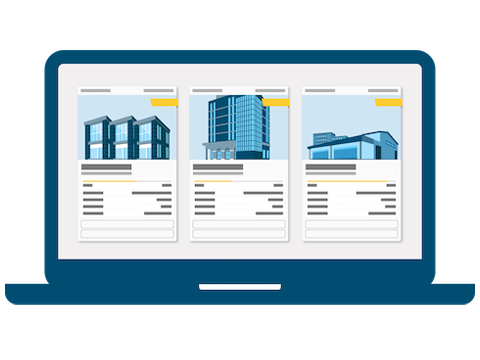
Second homes can be personal or investment property, and sometimes there is a fine line between the two. If you own a second home that you live in part of the year, and you bought it thinking the value would increase, but you don't rent it to others, it's most likely not an investment. If you have a second home in a popular vacation area and rent it to others most of the year, but you consistently spend a week there over the holidays, that is likely an investment property.
This distinction is essential for tax purposes, and one of the relevant examples is eligibility for deferring capital gains taxes using a 1031 exchange. Yes, a 1031 exchange can be conducted on a second home, but certain criteria must be met for the process to be valid. Specifically, the property must have been held for at least 24 months immediately before initiating the exchange. Additionally, during each of these two 12-month periods, the property should have been rented out at fair market value for a minimum duration. This scenario ensures the property is viewed as an investment, aligning with 1031 exchange stipulations. This way, a second home can be effectively exchanged, leveraging the benefits of tax deferment offered by the 1031 exchange mechanism.
How is investment property different from personal property?
Owners must use 1031 exchange properties for business or investment purposes. Some examples seem clear, such as an office building leased to tenants or a retail center that houses shopping or hospitality venues. Some examples seem clearly personal, like your home or a house that you buy, improve, and quickly resell. Some examples are blurry, but there are standards you can use to determine if your second home is eligible for a 1031 exchange.
Your use of the home and its use by other people is a crucial factor to consider. If you have a second home that you rent out at fair market value for at least 14 days annually for at least two years, that qualifies as an investment property. Your personal use of the property must be less than 14 days a year or no more than 10 percent of the days it is used as a rental.
What is the advantage of doing a 1031 exchange on a second home?
If you have a second home that qualifies as an investment property and you decide to sell it, you would ordinarily be obligated to pay capital gains taxes on the increase in value over your cost basis (purchase price, some acquisition costs, and value of improvements). For example, suppose you purchased a second home four years ago, and your cost basis is $400,000. If you sell that property for $650,000, you will owe capital gains taxes on the $250,000 appreciation. That could total $50,000.
If you instead sell the property and reinvest the proceeds using a 1031 exchange, you can defer the payment of capital gains taxes and any depreciation recapture. You will need to invest the $650,000 proceeds, and there are strict timelines to follow. However, the deferral allows you to leverage your investment capital.
You can execute sequential 1031 exchanges to continue deferring capital gains taxes. If you sustain the exchange chain until you distribute the final asset to an heir, the step-up in basis will eliminate the capital gains taxes that accumulated along the way. On the other hand, if you divert from that path and sell a replacement property without completing a qualified 1031 exchange, the current and all deferred taxes will be due.
This material is for general information and educational purposes only. Information is based on data gathered from what we believe are reliable sources. It is not guaranteed as to accuracy, does not purport to be complete and is not intended to be used as a primary basis for investment decisions. It should also not be construed as advice meeting the particular investment needs of any investor.
Realized does not provide tax or legal advice. This material is not a substitute for seeking the advice of a qualified professional for your individual situation.
Costs associated with a 1031 transaction may impact investor's returns and may outweigh the tax benefits. An unfavorable tax ruling may cancel deferral of capital gains and result in immediate tax liabilities.
Programs that depend on tenants for their revenue may suffer adverse consequences because of any financial difficulties, bankruptcy or insolvency of their tenants.



